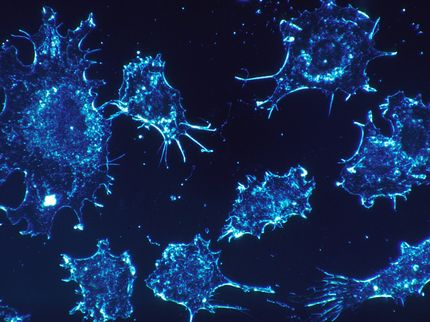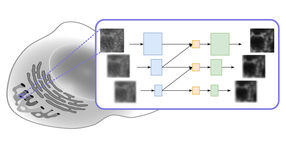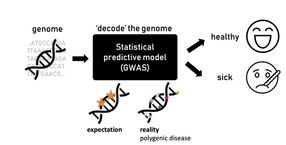New pattern identifies cells that pose risk of tumors in gonadal dysgenesis patients
Gonadal dysgenesis — defective development of the ovaries or testes — may also bring with it an increased risk of gonadal tumors. A recent discovery at the histologic level could help identify cells at risk of conversion into a tumor. For patients with XY gonadal dysgenesis, this means earlier detection and treatment of tumors.
A study in Pediatric and Developmental Pathology retrospectively examined gonads from 30 patients with gonadal dysgenesis. Cytogenic analyses were performed, investigating specifically the role of a primitive tissue known as “undifferentiated gonadal tissue.”
The complex processes of sexual development and differentiation into male or female can be disrupted in many ways. Pure, or complete, gonadal dysgenesis and mixed gonadal dysgenesis are among the most frequently occurring of these disorders. X/XY gonadal mosaicism, has been shown to play a role in disorders of sexual differentiation.
Undifferentiated gonadal tissue describes the presence of persistent primitive sex cords containing immature germ cells. These immature germ cells represent a risk factor for gonadal tumors. They hold the possibility of neoplastic transformation into a tumor.
The authors advise that germ cells in gonadal streaks should not be overlooked. Of 13 gonads in this study that were found to have both undifferentiated gonadal tissue and a streak, 9 developed a tumor.
About 30 percent of patients with pure gonadal dysgenesis, and 15 percent with mixed gonadal dysgenesis go on to develop gonadal tumors. These are mostly ganodoblastomas, which are benign, but in 60 percent of these cases, the patients may develop malignant tumors. Finding the etiology of these neoplasms is an essential step in stopping their development.
Original publication
“Undifferentiated Gonadal Tissue, Y Chromosome Instability, and Tumors in XY Gonadal Dysgenesis,” Pediatric and Developmental Pathology, Vol. 14, No. 6, 2011.
Most read news
Other news from the department science

Get the life science industry in your inbox
From now on, don't miss a thing: Our newsletter for biotechnology, pharma and life sciences brings you up to date every Tuesday and Thursday. The latest industry news, product highlights and innovations - compact and easy to understand in your inbox. Researched by us so you don't have to.






















































